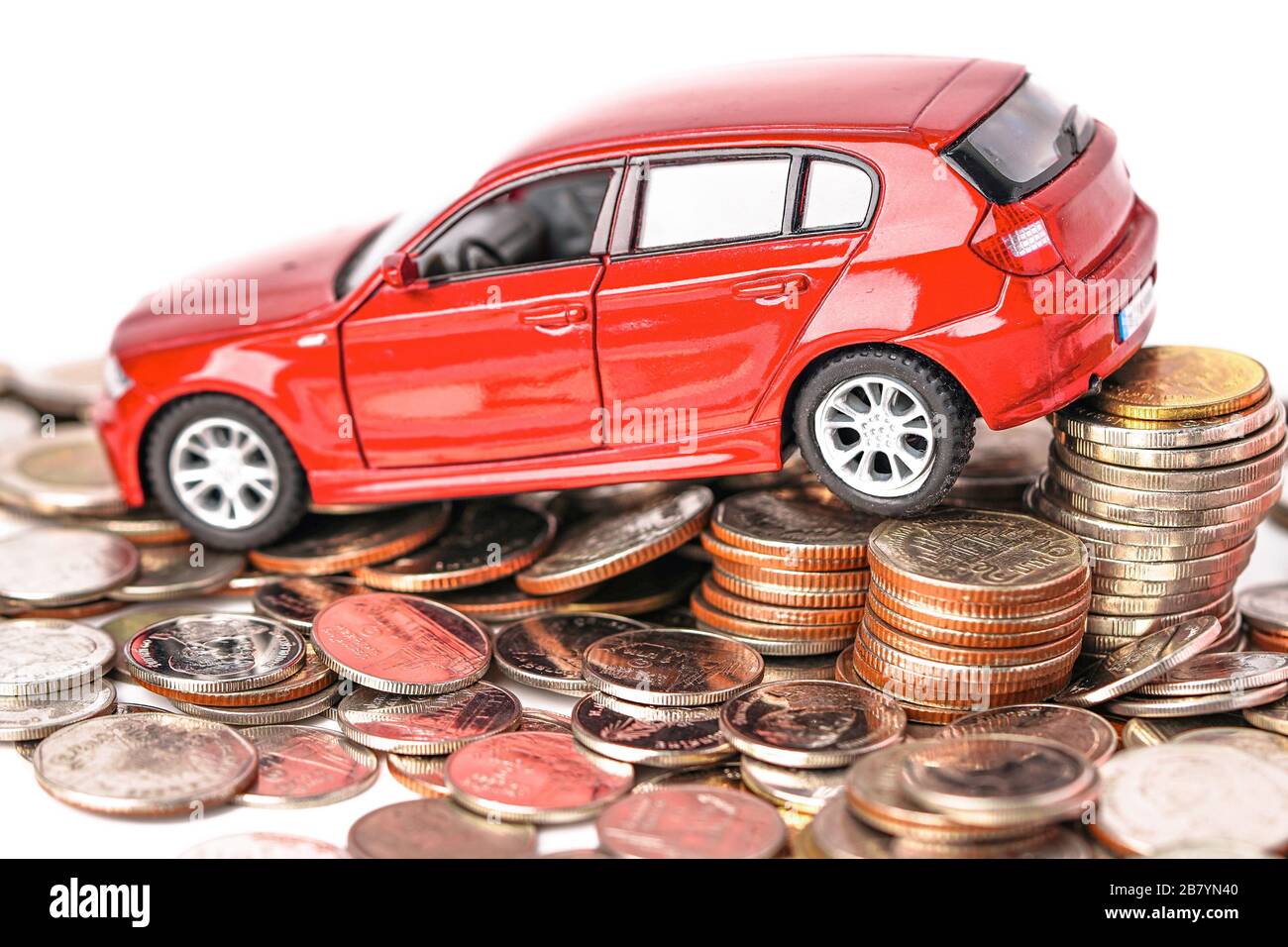A bigger payment toward a loan balance will generally lead to a reduction in finance charges. The interest rate impacts how much interest grows on your loan. The higher your interest rate, the faster additional interest will collect on the debt. A smaller balance accrues less interest than a larger balance, so a reduction in the balance on your loan results in a reduction in the amount of accrued interest, which decreases the quantity of your finance charges overall. You can sometimes avoid financing charges. For charge card, payment of the entire balance throughout the grace period every month avoids the build-up of finance charges.

Also, a zero-percent rate of interest card will not accrue interest, even if you bring a balance. Nevertheless, if you get a loan against the card, frequently called a cash loan, interest starts to accrue on it immediately. According to Bankrate. com, many cash loan do not have a grace period and bring a higher rates of interest. Some agreements for mortgage and automobile loans include a prepayment charge cost. In this case, the loan provider imposes a fee if you settle the loan balance early. Let's state you have a high-interest rate loan and desire to pay it off early to conserve on financing charges.
Ensure you read the terms and conditions of your loan to see what applies in your case. Prepayment penalties do not use if you pay additional on the loan, simply if you pay it off early.
Funding a car may appear a little frustrating, particularly for a novice car buyer. But although a vehicle is among the biggest purchases the majority of people will ever make (apart from purchasing a home), understanding cars and truck funding doesn't have to be a huge offer. Let's have a look at some automobile funding essentials. Once you've selected a specific vehicle you wish to purchase, you have 2 payment options: pay for the vehicle in complete or fund the cars and truck in time with a loan or a lease. A lot of automobile purchases involve funding, but you ought to know that funding increases the total cost of the automobile.
There are 3 major aspects to think about when utilizing a loan to finance a vehicle: the loan amount (this is the total quantity you're borrowing to get the car), the interest rate (also referred to as the APR, this is the rate of interest you pay on your loan) and the loan term (the quantity of time you need to pay back the loan quantity). Interest rates are generally higher when you're financing a used automobile rather than a brand-new one, so go shopping around for the best rate. You can use the Bank of America vehicle loan calculator to see how different loan amounts, APRs and terms will impact your month-to-month payment.
This will conserve you cash if you choose to settle your loan early or re-finance your vehicle loan. Many people think of automobile funding as taking out a loan to purchase a cars and truck, however leasing a vehicle is another popular type of vehicle funding. When you lease, you just pay for a part of a vehicle's costin other words, you're spending for utilizing the vehicle, not for the car itself. You may or may not have to make a down payment, sales tax is just charged on your monthly payments (in many states) and you pay a financial rate called a cash factor that resembles the rate of interest on a loan.
When you lease an automobile, you're generally making a lower regular monthly payment than if you were to buy the same cars and truck, but you're not acquiring any equity in the vehicle that could later translate to trade-in or resale worth. You might have an alternative to buy the automobile at the end of the lease period, however this will typically cost more than if you had bought the vehicle to begin with. You also need to be keenly knowledgeable about the number of miles you drive (most leases charge a per-mile fee above an Website link annual variety of permitted miles) and you need to keep excellent care of the automobile (most leases will charge you for wear, tear and damage at the end of the lease period).
The Main Principles Of What Is A Finance Charge On A Credit Card

Use the Bank of America refinance calculator to compare your current loan with a potential new loan to see whether refinancing might be ideal for you - What do you need to finance a car.
With costs today, you may think about financing or leasing your next car. If you do, here are some things to remember. Prior to you finance or lease a car, look at your financial situation to make sure you have enough earnings to cover your month-to-month living expenditures. You might want to use the "Make a Budget" worksheet as a guide. Finance or lease a vehicle just when you can afford to handle a brand-new payment. Conserving for a down payment or trading in a car can minimize the quantity you need to finance or lease, which then reduces your funding or leasing expenses.
However https://bastumvz8s.doodlekit.com/blog/entry/18704241/a-biased-view-of-do-you-get-a-title-when-you-finance-a-car if you still owe cash on your vehicle, trading it in might not help much. If you owe more than the vehicle is worth, that's called unfavorable equity, which can impact the financing of your brand-new cars and truck or the lease contract. So, check "Vehicle Trade-ins and Negative Equity" before you do. And consider paying for the debt follow this link before you purchase or rent another car. If you do utilize the cars and truck for a trade-in, ask how the unfavorable equity affects your brand-new funding or lease contract. For example, it might increase the length of your funding agreement or the quantity of your month-to-month payment.
You can get a complimentary copy of your report from each of the 3 nationwide reporting companies every 12 months. To order, visit www. Yearly, Credit, Report.com, call 1-877-322-8228, or complete the Annual Credit Report Demand form and mail it to Annual Credit Report Demand Service, P.O. Box 105281, Atlanta, GA 30348-5281. If you desire a copy of your credit report, however have currently gotten your complimentary copy, you can buy your report for a small cost. Contact any of the three nationwide credit reporting agencies: Generally, you will get your credit report after you obtain financing or a lease.
For additional information about credit reports and credit rating, see: If you do not have a credit history or a strong credit history a lender might require that you have a co-signer on the financing agreement or lease arrangement. Co-signers presume equal responsibility for the agreement. The account payment history will appear on your credit report and the co-signer's which means late payments will harm both of your credit. If you can't pay what you owe, your co-signor will have to. Ensure that both you and the co-signer know the terms of the contract and can pay for to handle the payments.